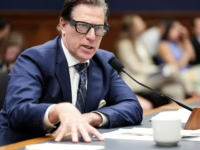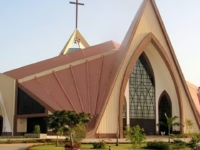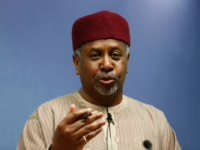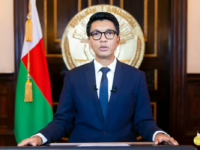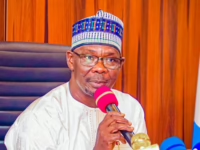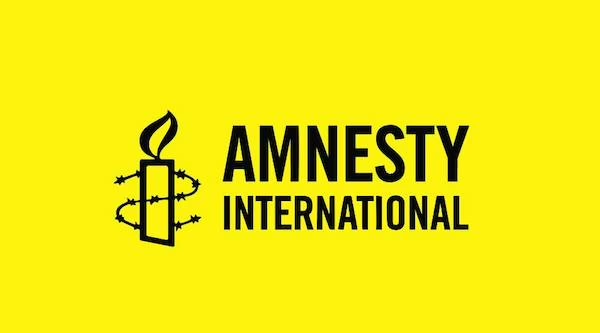Amnesty International has issued a cautionary statement regarding the recent presidential pardons in Nigeria, highlighting the potential threat these clemencies pose to the integrity of the rule of law, the pursuit of justice, and the prevention of impunity for human rights abuses.
According to the global rights watchdog, the government’s actions risk obstructing the judicial process by hindering the establishment of facts, the fair adjudication of guilt or innocence, and the provision of reparations to victims. This, in turn, may entrench a culture of impunity for serious human rights violations.
This warning comes in the wake of widespread public disapproval following President Bola Tinubu’s announcement last Thursday of a pardon list that included notable figures such as Nigeria’s nationalist pioneer Herbert Macaulay, former Federal Capital Territory Minister Major General Mamman Vatsa (retired), alongside various convicts, ex-offenders, drug-related criminals, illegal miners, and foreign nationals.
Amnesty International voiced apprehension that the government’s approach appears to favor offenders over the rights of victims and their families, potentially sidelining justice and effective redress.
RELATED: EXPLAINER: November Elections, PVC Removal, and Four Proposed Amendments to the Electoral Act by NASS
The organisation emphasized that pardoning individuals found guilty of serious human rights violations effectively blocks victims from obtaining justice and compensation, while also risking the normalization of such offenses by implying they carry no enduring repercussions.
“The clemency extended by President Bola Tinubu’s administration to persons convicted of human rights abuses obstructs the path to reparations for those harmed,” the statement underscored.
Amnesty International called on President Tinubu to revisit this decision, urging that his administration prioritize justice, truth, and accountability as foundational elements of its human rights agenda.
“It is imperative that President Bola Tinubu reconsiders the pardons granted to individuals convicted of human rights violations and ensures that the rights and dignity of victims and their families are upheld,” the organisation concluded.




